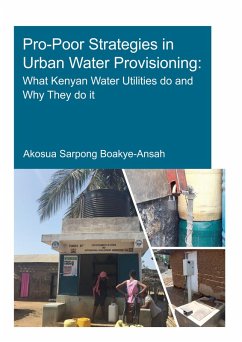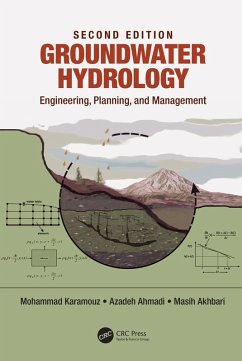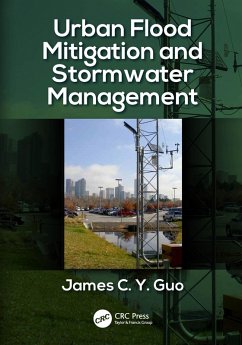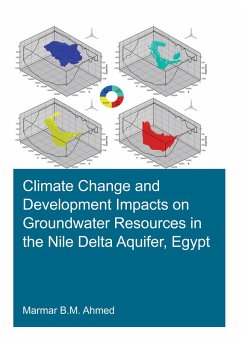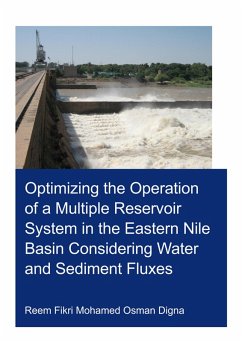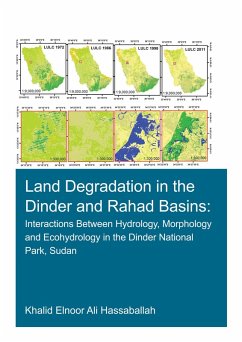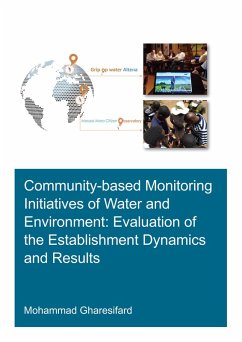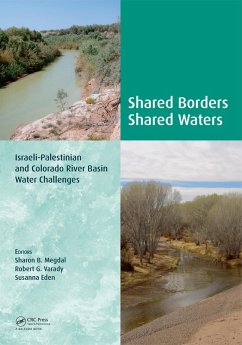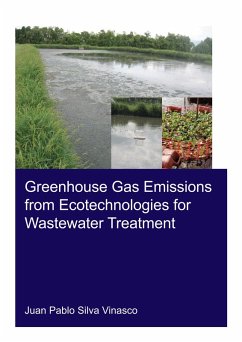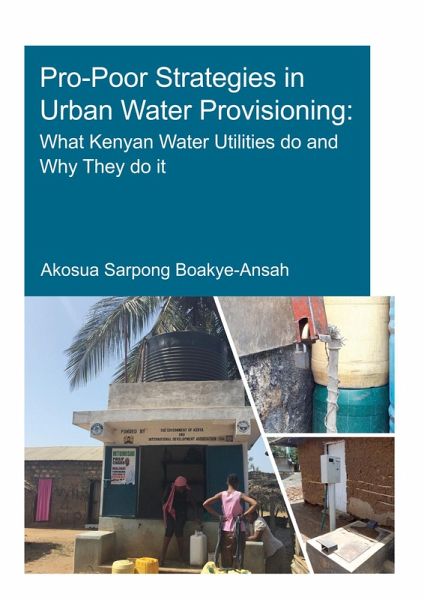
Pro-Poor Strategies in Urban Water Provisioning (eBook, ePUB)
What Kenyan Water Utilities Do and Why They Do It
Versandkostenfrei!
Sofort per Download lieferbar
51,95 €
inkl. MwSt.
Weitere Ausgaben:

PAYBACK Punkte
26 °P sammeln!
Water utilities are the main instrument for countries to achieve universal service coverage. In pursuing universal service coverage, water utilities have turned to pro-poor water services to extend water services in low-income areas. This thesis discusses the use of pro-poor water services by water utilities in Kenya, with the intention of highlighting the dimensions of the approach that require attention of policy makers and practitioners when engaging with the concept. Based on the analysis of the technologies, financial and organisational arrangements associated with the pro-poor concept, t...
Water utilities are the main instrument for countries to achieve universal service coverage. In pursuing universal service coverage, water utilities have turned to pro-poor water services to extend water services in low-income areas. This thesis discusses the use of pro-poor water services by water utilities in Kenya, with the intention of highlighting the dimensions of the approach that require attention of policy makers and practitioners when engaging with the concept. Based on the analysis of the technologies, financial and organisational arrangements associated with the pro-poor concept, this thesis shows that the use of pro-poor strategies allows water utilities to reduce the risks of servicing low-income areas while still claiming to fulfil their mandate of providing access to all in a commercially viable manner. The analysis also shows that rather than a decision of the water utility, the choice for pro-poor strategies emerges as the result of a consensus or compromise between the different actors that constitute the broader institutional environment in which water utilities operate. The thesis concludes that while pro-poor water services may serve the interests of water utilities and other stakeholders, in the absence of well-directed subsidies and proper monitoring they will not result in low-income households benefiting from more affordable and reliable access to water.
Dieser Download kann aus rechtlichen Gründen nur mit Rechnungsadresse in A, B, BG, CY, CZ, D, DK, EW, E, FIN, F, GR, HR, H, IRL, I, LT, L, LR, M, NL, PL, P, R, S, SLO, SK ausgeliefert werden.




